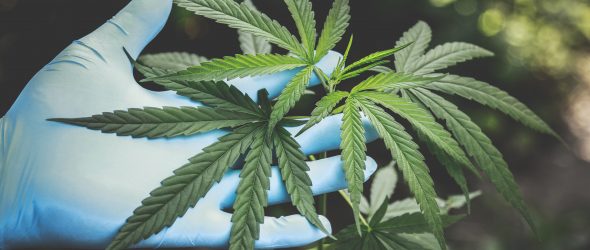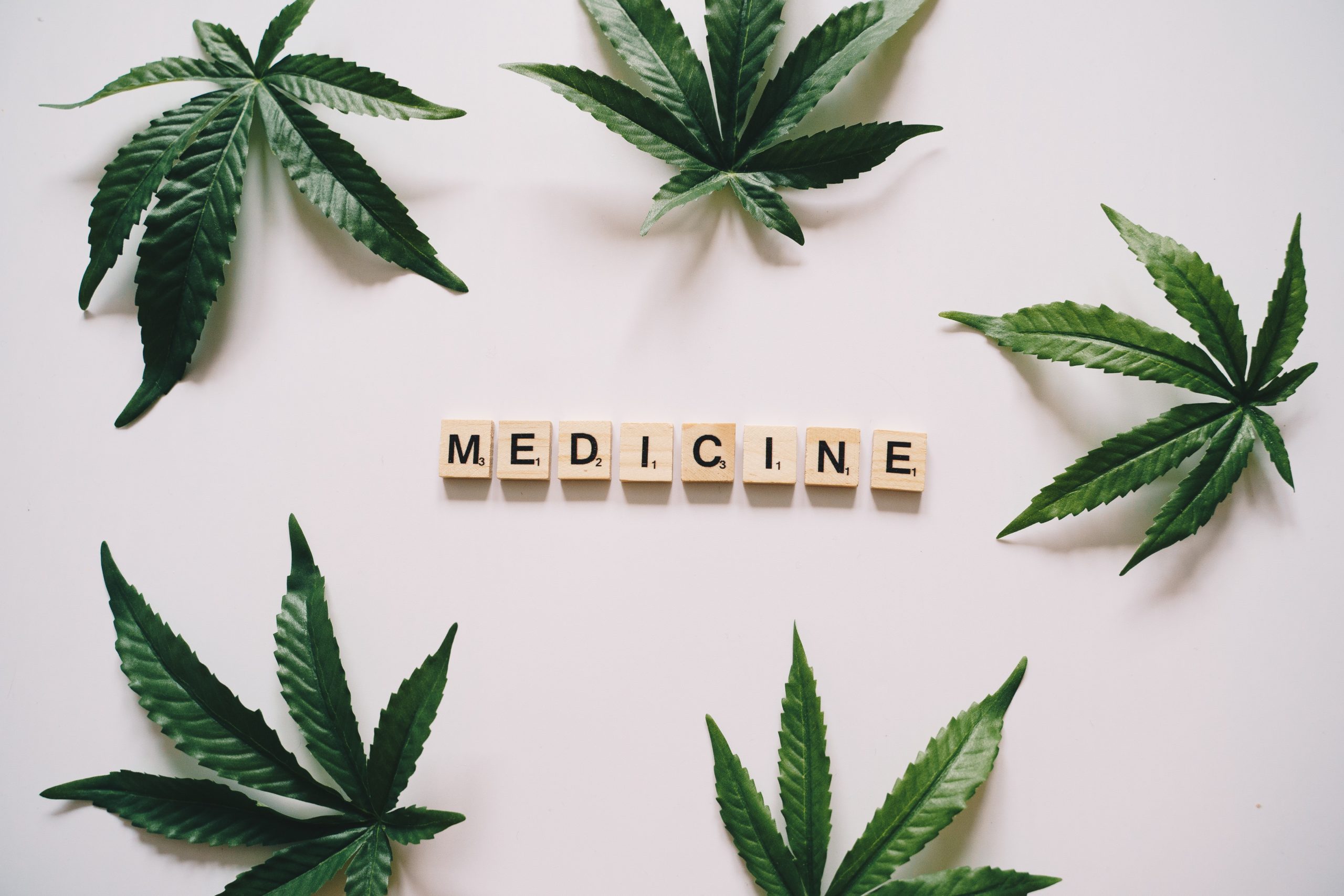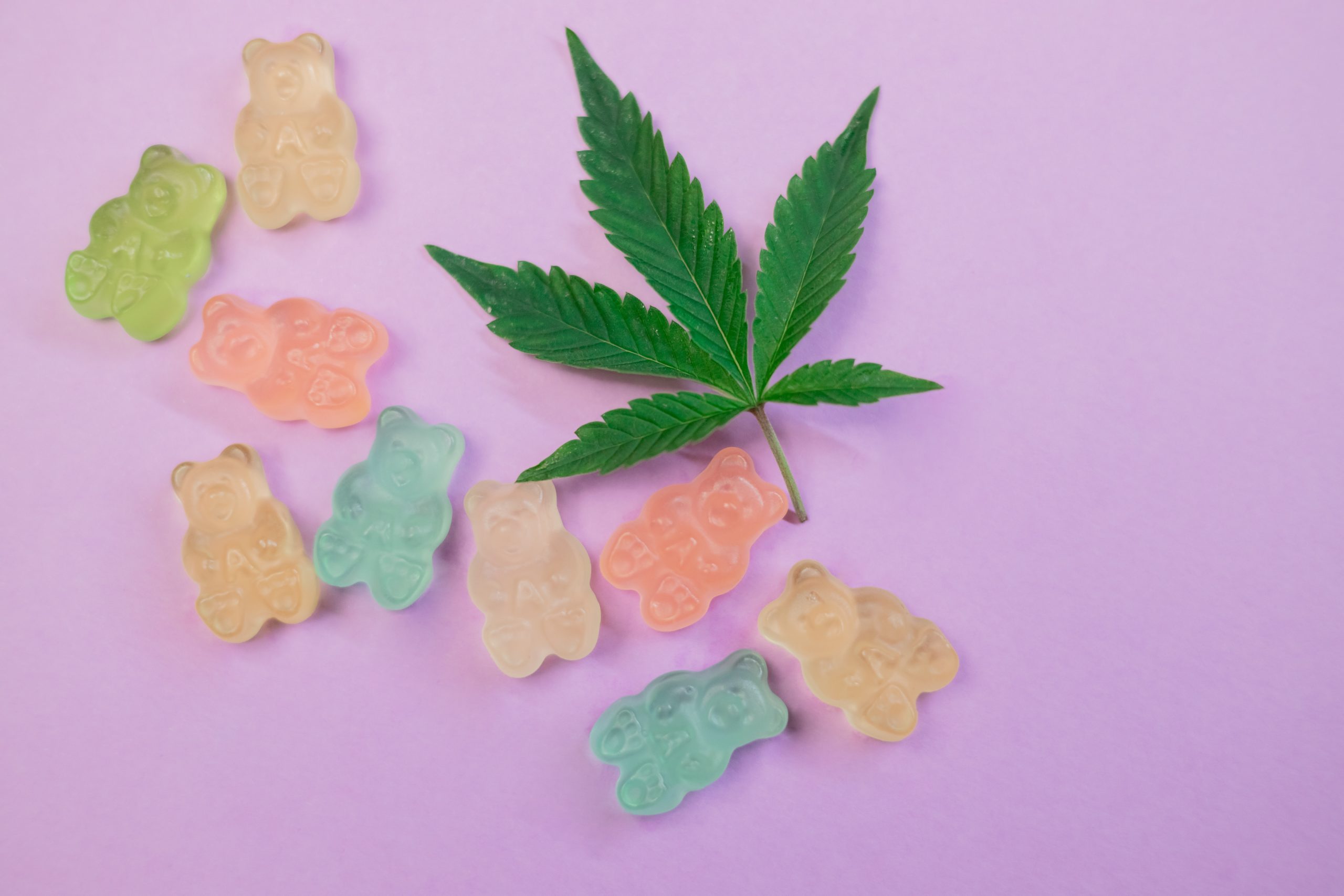 https://cannabisexaminers.com/wp-content/uploads/2023/01/pexels-aphiwat-chuangchoem-2178565-1-scaled.jpg
https://cannabisexaminers.com/wp-content/uploads/2023/01/pexels-aphiwat-chuangchoem-2178565-1-scaled.jpg
In recent years the availability of Cannabis and its derived products has skyrocketed, causing worry and concern among officials, drug reform advocates, and others. It is because of the lack of research on Cannabis and its compounds that may be harmful to the health of users. According to critics, independent testing of commercial products shows undisclosed compounds or low-quality CBD that necessitates FDA to step in. According to a survey, nearly 3- a quarter of Americans think that Cannabis-derived CBD is approved and regulated by FDA, which is not true.
Do you know how FDA regulates Cannabis and its products? If not, read on to know everything you need to learn about FDAs’ take on Cannabis.
How is Hemp defined by the 2018 Farm Bill, and what does it mean for FDA-regulated products?
At the Federal level, the Farm Bill 2018 was signed on 20th December. This new law changes some Federal authorities regarding the marketing and production of Hemp, Cannabis, and its derived products. The changes include the removal of the hemp plant from the list of CSA. This means if the cannabis plant and its derived products do not contain more than 0.3% THC, they will not be considered controlled substances under federal law.
However, the Farm Bill has clearly preserved FDA’s authority to regulate Cannabis and its derivatives. Therefore, FDA treats Cannabis and its products just like any other FDA-regulated product. Even if the Farm Bill has classified Cannabis or its products as Hemp, they are still subjected to the same requirements and authorities as other FDA-regulated products. This is true whether Cannabis-derived products or Cannabis are classified as Hemp under the law.
Has FDA approved any medical products containing cannabis-derived compounds?

All though people are selling Cannabis as medicinal Cannabis in various States today FDA has not approved any marketing application related to Cannabis for the treatment of any condition. However, it has approved 3 cannabis-related and one Cannabis-derived drug product that is only available for a person who has a prescription from a licensed doctor.
On the other hand, FDA has also approved a drug called Epiddiolex, which contains Cannabis derived substance known as CBD in its purified form. It is prescribed for the treatment of seizures associated with Dravit syndrome and Lennox Gastuat syndrome in patients older than 1 year. FDA has also approved this drug for the treatment of seizures due to tuberculosis complex in patients older than one year. The agency has approved therapeutic uses of Syndros and Marinol for the treatment of anorexia associated with weight loss in patients suffering from AIDS. These drugs have an active ingredient called dronabinol synthetic delta 9 THC. THC is the major intoxicating compound found in Cannabis. Cesamet is another drug approved by FDA that contains nabilone that has a similar structure to THC.
Are there any other CBD products apart from Epidiolex that are approved by FDA?
With the recent boom of CBD and Cannabis-derived products in the market, you may be wondering if FDA has approved any other CBD product except Epidiolex. Well, the truth is that there is no other drug product that is approved by FDA. Although there are many companies who are marketing CBD products to cure or treat diseases or claim their therapeutic uses still, it is illegal to do that. FDA has issued warning letters to many such companies. This is because any product that has medical or therapeutic use or is intended to affect the function or structure of the body is called a drug. And drugs must seek approval from FDA before claiming any medical or therapeutic use. The unapproved drug is not allowed to be distributed or sold in the market.
It highly concerns that there is a widespread proliferation of such products that are not approved by the FDA for therapeutic use. Generally, these products are available online, and everyone can buy them. Selling this kind of product is not only harmful to the patients and the general public but also a violation of the law. Moreover, this deceptive marketing of unproven treatments increases health concerns because patients stop using approved therapies to treat even the most fatal health issues.
Drugs that are not approved by that FDA are not subjected to FDA review as part of the standard approval process of the drugs. Therefore CBD products or any other cannabis-derived products that are not approved by FDA have dangerous side effects or safety concerns because nothing is known about them.
FDA is constantly trying to regulate the marketplace and taking action against those who are illegally selling Cannabis and its derived products. In the meantime, the agency also recognizes the potential of the Cannabis plant and its compounds to offer therapeutic value. According to FDA only best way to put Cannabis and its products as a drug is to pass them through the drug approval process to ensure that they are effective and safe for any health concern.
Why is FDA not approving more products containing Cannabis for medical use?
You may be wondering that if CBD containing Epidiolex and Marinol is good for humans, then why are there no more other products that FDA has approved?
Although the agency is aware that illegal Cannabis-derived products are being sold and used for the management of many health problems like neuropathic pain, multiple sclerosis, AIDS, epilepsy, etc., it has still not approved any product yet. The reason is that FDA relies on scientific investigators to research a particular compound for its medicinal value. So Cannabis and its derived products have to go through clinical trials to clearly understand the effectiveness and safety of the substances for any particular disease. People who are interested in conducting clinical research related to Cannabis or its derived compounds can see guidance from the “draft guidance” issued by the agency in 2020. Any company interested in appropriately bringing a quality, effective and safe product to the market will be supported by FDA no matter it is Cannabis-derived products or any other product.
Can CBD and THC products be called dietary supplements?
Based on available evidence, CBD and THC products are not dietary supplements. According to FDA, if any substance is an active ingredient of a drug that is approved or has been authorized for an investigation to form a new drug, then that substance is not a dietary supplement. Currently, there are no pieces of evidence to support these products as a dietary supplements. If any party is interested in providing evidence to the FDA, the agency can review it. However, once CBD and THC are excluded from the definition of dietary supplement, their status will remain as it is unless FDA issues a comment, notice, or regulation to change it. So far, there is no such regulation issued for these compounds. The plus point is that ingredients derived from Cannabis may be called dietary supplements if they do not contain CBD or THC. However, these products should meet the criteria set by law.
Is It Okay To Add Hemp Seed Oil, Hemp Seed Protein Powder, or Hulled Hemp Seed In Human Food?

Under the Farm Bill, 3 hemp seed-derived ingredients, hemp seed oil, Hemp seed protein powder, or hulled hemp seed, are considered safe. Therefore these three products are allowed to be legally marketed in human foods. However, they have to meet all the other requirements as well. Other than these three ingredients of hemp seed FDA has not approved the use of any hemp-derived ingredient in the food.
Hemp seeds are produced by the Cannabis sativa plant. The seeds do not contain CBD or THC naturally, but they may accidentally have trace amounts of these compounds, which they pick up during the processing or harvesting of the plant. Eating seeds in any form cannot intoxicate consumers; therefore, they are generally safe to use.
Can patients gain access to Cannabis for medicinal purposes through the right to try or expanded access?
Expanded access is a beneficial pathway for patients with life-threatening conditions to try a product in its investigation state. It is only possible if existing therapies are not working for the patient. Manufacturers may provide products in clinical trials under special circumstances.
Right to try is also a similar approach, where patients are allowed to try investigational compounds or drugs. However, it involves direct interaction between the sponsors, physician, and patient, but FDA is not involved here. Anybody interested in RTT can discuss their situation with their physician before contacting sponsors.
Are Cannabis and its compounds Not Even Allowed In Cosmetics?
A cosmetic is something that is sprinkled or rubbed on the skin with the purpose of promoting attractiveness, beautifying, cleansing, or changing the appearance. According to the FDA, cosmetics and their ingredients are not subject to approval by FDA before marketing them. Although certain ingredients in cosmetics are restricted, currently, there is nothing on Cannabis derive ingredients or Cannabis. Cannabis and its derived ingredients can be used in a cosmetic if they are not deleterious or dangerous for the consumer. If a product affects the function or structure of the body or it claims to cure, diagnose or prevent disease, it would be a drug even if it is labeled as a cosmetic. FDA can take action against any company selling unsafe cosmetics to people.
Does FDA concerned about using Cannabis products for children and lactating women?
It is understandable that parents want to find treatment for their ailing children with severe medical conditions. However, if untested drugs are used, they can lead to unintended and unpredictable consequences. Therefore, patients and caregivers should be confident that if FDA is not approving something related to Cannabis or its compounds, it is because they have evaluated its quality, efficacy, and safety. Apart from Epidiolex, Marinaol, and Syndros, no other product is safe and effective for the use of children or adults.
For pregnant or lactating women, Cannabis and its derived products can offer adverse health effects. Existing scientific literature shows that the use of Cannabis by pregnant women can lead to new low birth weight, fetal growth restriction, and even stillbirth. It can also negatively affect the brain development of the fetus. This is due to insufficient data to evaluate the impacts of Cannabis on lactating women. Therefore, cannabis use is discouraged for pregnant or lactating mothers.
Wrap up
Cannabis and its compounds are creating headlines in the wellness sector with claims of curing or treating health issues. But FDA has a different take on the efficacy, medicinal value, and effectiveness of Cannabis. Unless scientific studies prove the therapeutic use of Cannabis, its status remains unclear.

